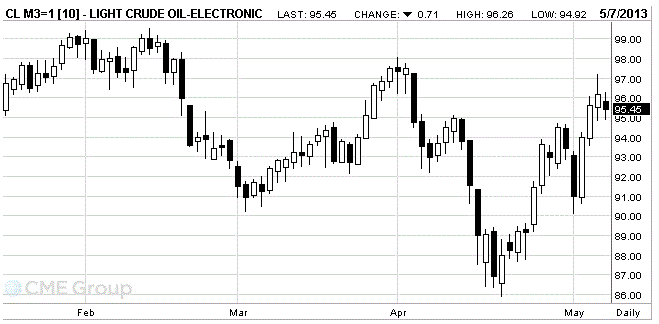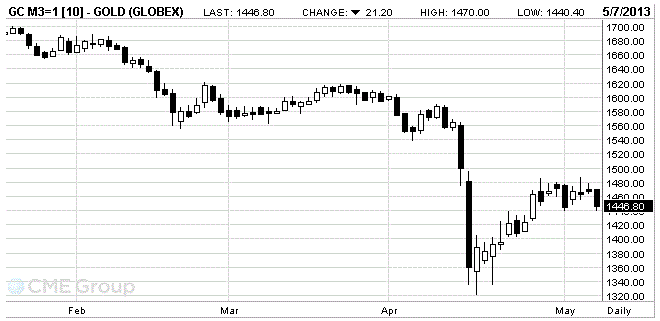Notícias do Mercado
-
16:40
Oil: an overview of the market situation
The price of oil rose today, while reaching the highest level in nearly a month, which was supported by strong German data, policies of central banks and tensions in the Middle East. However, the oil has not been able to keep its positions, and now shows a slight decline. Add that to affect the dynamics of trade concerns about supply disruptions following the Israeli air strikes on Syria, although the effect of this somewhat weakened.
Economists note that oil and other risk-sensitive assets such as stocks, have been supported by renewed optimism about the global economy, largely due to measures to support from central banks. We remind that the Reserve Bank of Australia cut interest rates by 25 basis points to a record low of 2.75%. On Monday, the head of the European Central Bank (ECB), Mario Draghi said the ECB to cut rates again if need be.
The attention of many traders now again focused on China - the second largest economy in the world that tomorrow will present preliminary trade data for April.
It is also worth noting that constrains prices from plunging further out further expansion of commercial crude oil inventories in the U.S., after reaching a record high last week.
In addition, experts from Morgan Stanley announced today that prices may continue to rise in the second half of 2013. The bank said that the global oil balance looked much more rigid and this summer Brent Brent, is likely to trade in the range of $ 110 to $ 115 per barrel.
The cost of the June futures on U.S. light crude oil WTI (Light Sweet Crude Oil) dropped to 95.45 dollars per barrel, the lowest intraday level since Dec. 19.
June futures price for North Sea Brent crude oil mixture fell $ 0.35 to $ 105.00 a barrel on the London exchange ICE Futures Europe.

-
16:20
Gold: an overview of the market situation
Gold prices fell sharply, while continuing its yesterday's drop, as the appeal of gold as an alternative investment disappeared after the stock markets rose on prospects for sustainable stimulation of the central bank stimulus, while stocks in the stock funds fell to its lowest level in more than three years.
Metal came under pressure as the United Kingdom and Japan have returned from a long weekend, and immediately drew attention to yesterday's comments head of the European Central Bank (ECB), Mario Draghi, who confirmed that the bank is ready to cut rates again if need be. Meanwhile, on the dynamics of trade influenced the decision of the Central Bank of Australia cut rates to a record low - 2.75%, and the statement that the RBA may make one more drop. Note that the decline in interest rates usually is good for gold, as they stimulate investors to invest in non-interest-bearing assets such as precious metals, but cyclical assets, including stocks appear more attractive at the moment, analysts said.
In addition, the data showed that stocks in the SPDR Gold Trust fell yesterday by 0.3% to 1,062.30 tons, while reaching its lowest level since August 2009.
The cost of the June gold futures on COMEX today dropped to 1446.80 dollars an ounce.

-
06:22
Commodities. Daily history for May 6’2013:
Change % Change Last
GOLD 1,469.50 5.30 0.36%
OIL (WTI) 95.81 0.20 0.21% -